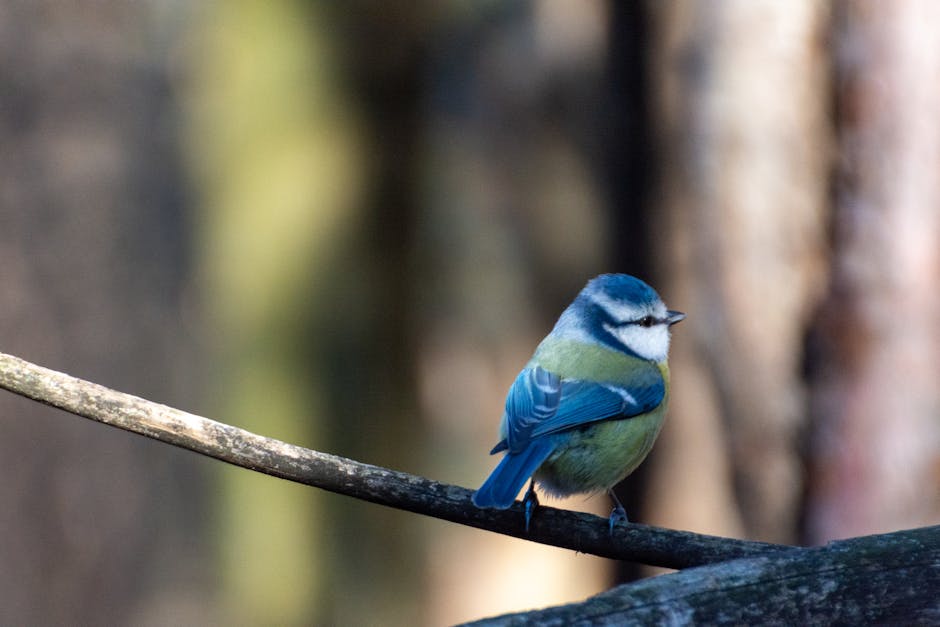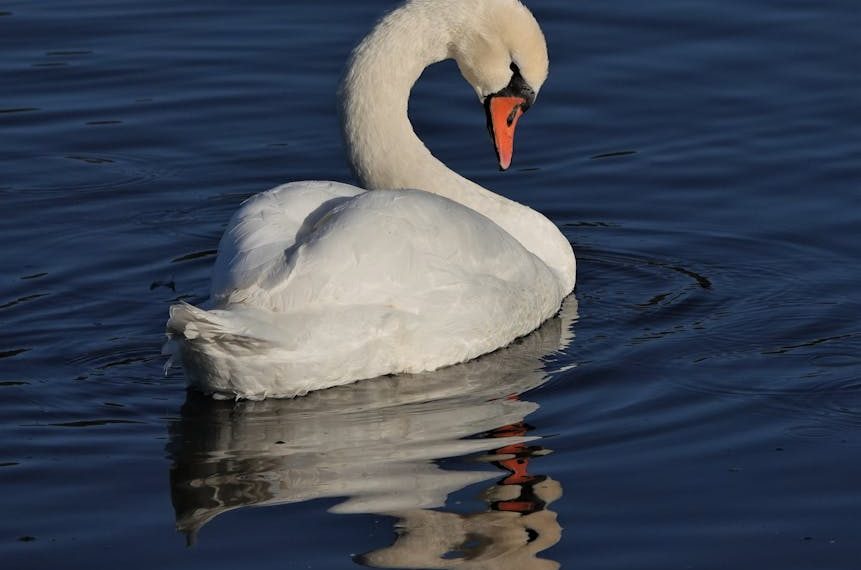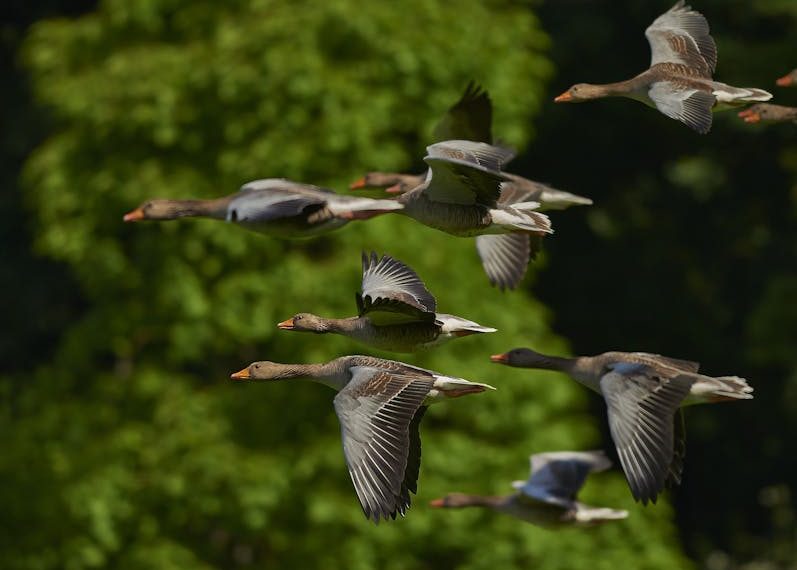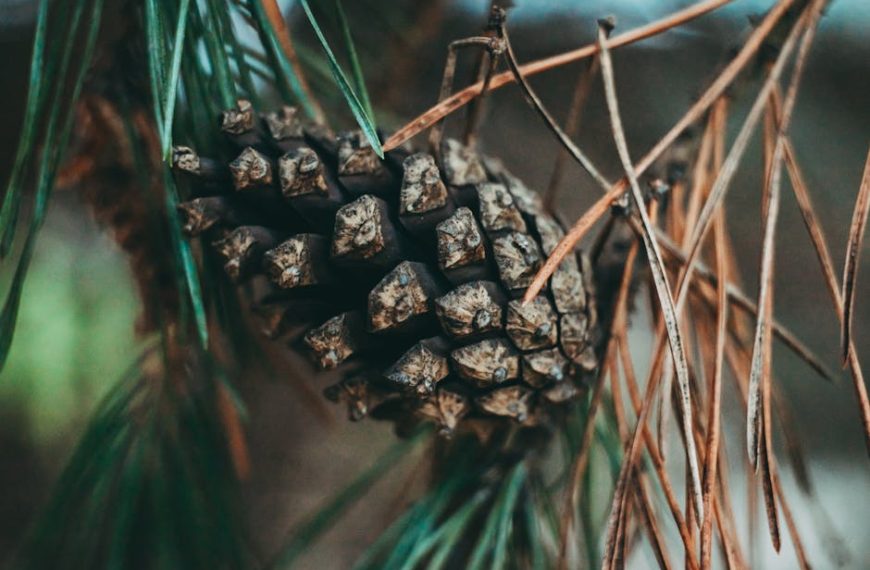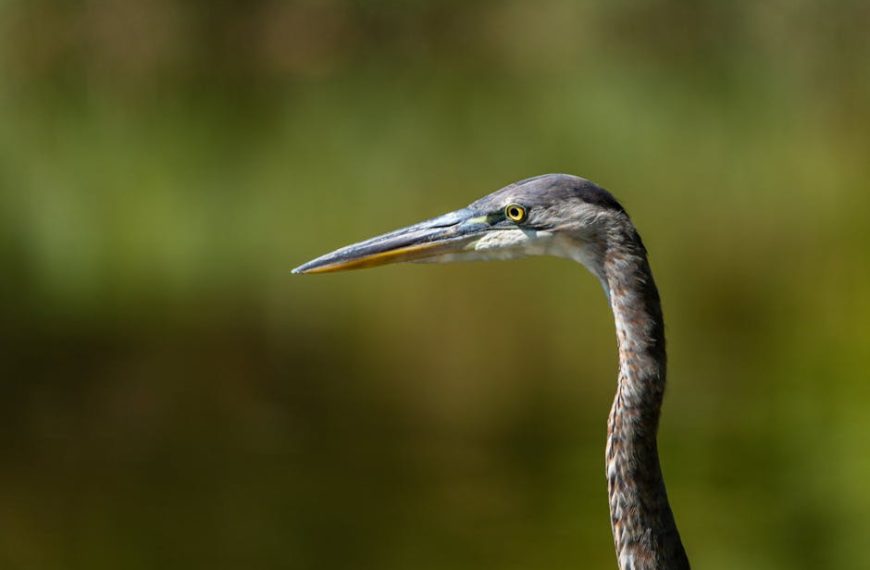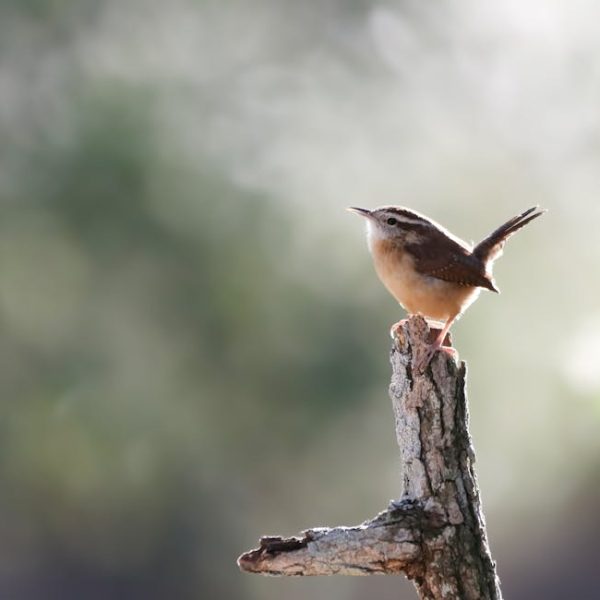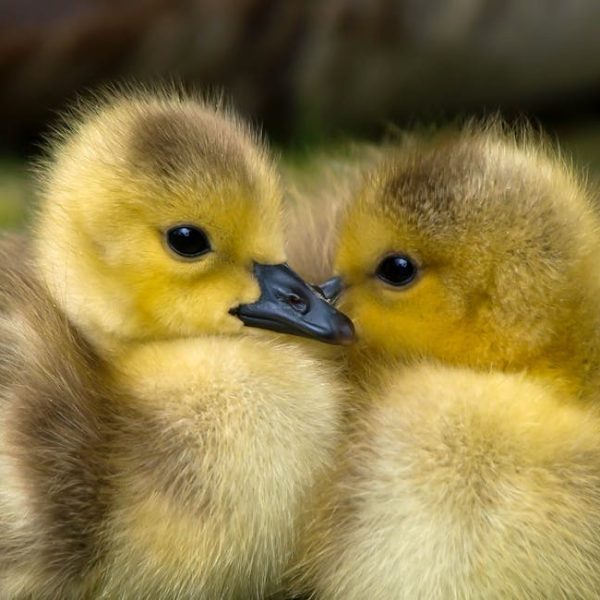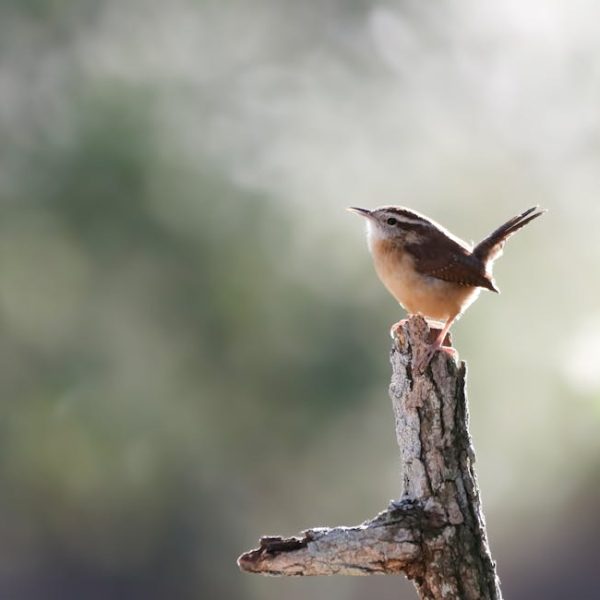There’s something intrinsically beautiful about the chirping of birds that oftentimes adds a sense of tranquility in our homes. However, the location where they decide to make their temporary residences can be a cause for concern, especially when it comes to our porches. Birds, out of many available nesting alternatives, often opt for human residences due to the relatively safer and comfortable habitation they provide. This article aims to provide comprehensive and non-detrimental solutions to prevent birds from opting for porches as their nesting sites.
Understanding Why Birds Nest on Porches
Birds are opportunistic creatures. They will seize any chance of a safe and protected nesting site, which often leads them right onto our porches or decks. Factors such as immediate vicinity to food sources and refuge from predators make these locations ideal. A variety of bird species, including sparrows, pigeons, and house finches, are particularly notorious for taking a liking to residential nesting sites and can become permanent fixtures given the right circumstances.
Assessing Potential Damages and Risks
While the natural song of birds can be pleasant, their extended stay can also pose certain nuisance and risks. Noise, especially early in the morning, excessive droppings, and structural damages are a few of the potential disturbances linked to their nesting habits. More critically, some health risks may include the spread of parasites and certain diseases. Therefore, it’s crucial to incorporate preventive measures in order to mitigate these issues— subtly shifting their interest elsewhere.
On one hand, letting birds nest on your porch can provide natural insect control and offer an enjoyable activity for birdwatching enthusiasts, but on the other hand, it can result in noise, potential property damage, and health risks.
Non-harmful Ways to Discourage Birds from Nesting
It’s important, while devising a plan to deter birds from nesting on your porch, to ensure that the methods used are humane and non-harmful. A few strategies can include making your porch inhospitable and less appealing for nesting, removing food sources, and utilising visual or auditory deterrents they typically dislike.
Pro Tips:
- Include moveable objects on your porch to create an unstable surface for nesting
- Invest in bird deterrent products like spikes or nets
- Use natural bird repellent plants for a subtle but effective defence mechanism
Legal Considerations Surrounding Bird Nest Removal
It’s crucial to keep in mind that there are laws protecting certain species of birds, their eggs, and nests under acts like the Migratory Bird Treaty Act. Always familiarize yourself with local laws and regulations before attempting to remove a bird’s nest. It is advisable to contact local wildlife control or a professional if you discover a nest hosting eggs or baby birds.
Remember, the best practice is always to check for active nests before making any removal plans.
This is the first part of our expansive insights on preventing birds from nesting on your porch. Continue reading for more tips on maintaining a bird-free porch.
Maintaining a Bird-Free Porch
Attempting to keep your porch bird-free is a progressive process and not just a one-off solution. Regular inspection, maintaining deterrent measures, and ensuring cleanliness can make it less favourable for birds looking for nesting grounds.
First, keep an eye out for any signs of nesting. Birds prefer corners and other hidden areas, so it’s vital to check these places frequently. Second, maintain your bird deterrent measures. Check the reflective surfaces, auditory deterrents, and other devices regularly to ensure they are functioning properly.
Just as food attracts birds, cleanliness deters them. A clean and tidy porch makes it less appealing to birds. Finally, ensure you don’t leave any crumbs or food items lying around your porch which might attract them.
In some cases, despite all your efforts, you may still encounter persistently nesting birds. If the birds continue to be a problem, it could be time to call for professional help from pest control or wildlife specialists.
Checklist for maintaining a bird-free porch:
- Regularly inspect your porch for signs of nesting
- Keep up with the maintenance of your bird deterrent measures
- Always tidy your porch and remove any potential food sources
- Repair any parts of your porch that may be attracting birds for nesting
- Seek professional help if necessary
In conclusion, remember that discouraging birds from nesting on your porch is a humane endeavor aimed at maintaining a peaceful co-existence between humans and nature. It’s crucial to respect these creatures while ensuring they have access to natural habitats instead of human residences. So, apply these tips, keep your space tidy, and let the bird songs fill the air – from a safer distance.
Key Takeaway:
- Birds are drawn to porches for nesting due to factors like safety from predators, accessibility to food, and ideal location.
- While birds might offer benefits like natural insect control, the potential damage, nuisances, and health risks associated with their nesting cannot be ignored.
- Use recommended non-harmful methods to discourage birds from nesting, such as making your porch less appealing by removing food sources and creating an unstable surface for nesting.
- It is legally essential to familiarize oneself with local bird protection laws and engage wildlife control professionals before attempting any nest removal.
- Regular monitoring, maintaining deterrent measures, and keeping a tidy porch can discourage birds from nesting and contribute to maintaining a bird-free porch.
Positive note: Take comfort in knowing that discouraging birds from nesting on your porch can be accomplished while respecting their natural habits. Keeping these guidelines in mind enables us to foster a peaceful co-existence with these beautiful creatures. You’ll still enjoy their songs; they’ll simply sing them from a more suitable distance!
FAQs
Q: Are there any natural methods to discourage birds from nesting?
A: Yes, there are several natural ways to discourage birds. You can plant species that birds dislike, use reflective surfaces to scare them away, and regularly change the position of objects on your porch to create instability for nesting.
Q: When is the best time to apply these preventative measures?
A: Ideally, consider employing these preventative measures before the nesting season begins, preferably late winter or early spring. However, it’s also beneficial to maintain these steps year-round.
Q: Can a pest control company remove a bird’s nest?
A: Pest control companies can help, but they must do so within the guidelines of local and national laws protecting birds. It’s always best to consult professionals if you’re uncertain about the proper procedures.
Q: Are bird deterrent products harmful to birds?
A: Most bird deterrent products such as spikes, nets, or bird repellent plants are designed to discourage, not harm, the birds. They simply make the environment less appealing for nesting.
Q: Why should I clean up food sources from my porch?
A: Food sources attract birds. By maintaining a clean porch and promptly removing any potential food sources, you make your porch less appealing for birds looking for a nesting site.
Remember to share this article with others who might find it useful! Explore more useful tips and advice on co-existing with nature on our website.
